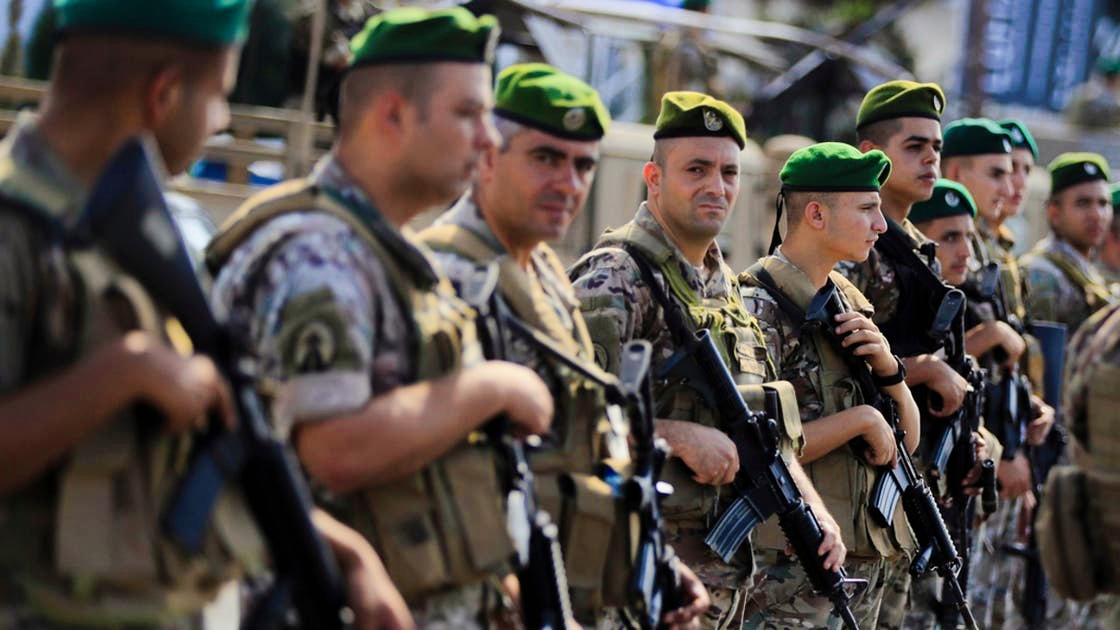Reuters reported, citing informed sources in Washington and Beirut, that the administration of U.S. President Donald Trump approved this week to provide 230 million dollars to the Lebanese security forces, in a notable step that is read in the context of escalating U.S. pressures to disarm Hezbollah.
According to the sources, the funding is divided into 190 million dollars allocated to the Lebanese army, and 40 million dollars for internal security forces, aiming to enhance the capabilities of official security institutions in Lebanon and enable them to assert their authority over all Lebanese territory.
A Democratic aide in Congress confirmed, in a phone call with journalists, that the release of the funding came just before the end of the U.S. fiscal year on September 30, describing the step as "very significant for a small country like Lebanon," referring to the weight of this financial support amid the political and economic crisis the country is experiencing.
This assistance comes at a time when the Trump administration has reduced foreign aid programs under the "America First" policy, reflecting an exceptional priority for the Lebanese file on the U.S. administration's agenda, especially amid tensions in Gaza and the Middle East.
In a notable step on the local scene, Lebanese President Joseph Aoun and Prime Minister Nawaf Salam, on August 5, requested the U.S.-backed Lebanese army to put a plan in place to confine weapons to the state before the end of the year, indicating unprecedented Lebanese-American coordination on this sensitive issue.
However, Hezbollah, backed by Iran, rejected calls to disarm, insisting on what it considers the "resistance weapon," despite increasing pressures from its domestic opponents and the U.S. administration.
According to the informed Lebanese source, U.S. funding will enhance the internal security forces' ability to take on internal security responsibilities, allowing the Lebanese army to focus on vital strategic tasks in the country, amid Washington's efforts to strengthen state institutions at the expense of unofficial forces.

